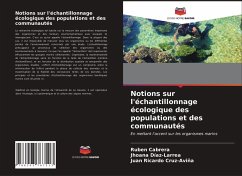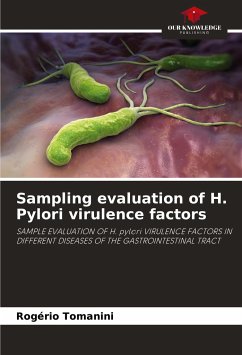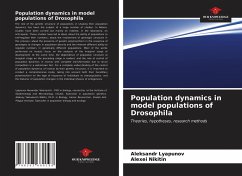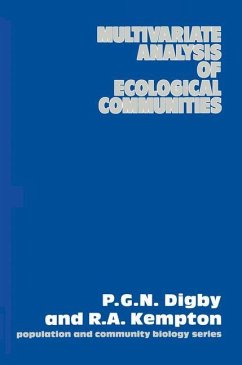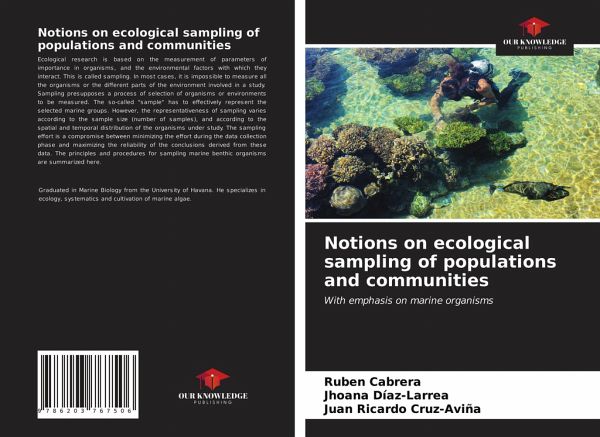
Notions on ecological sampling of populations and communities
With emphasis on marine organisms
Versandkostenfrei!
Versandfertig in 6-10 Tagen
36,99 €
inkl. MwSt.

PAYBACK Punkte
18 °P sammeln!
Ecological research is based on the measurement of parameters of importance in organisms, and the environmental factors with which they interact. This is called sampling. In most cases, it is impossible to measure all the organisms or the different parts of the environment involved in a study. Sampling presupposes a process of selection of organisms or environments to be measured. The so-called "sample" has to effectively represent the selected marine groups. However, the representativeness of sampling varies according to the sample size (number of samples), and according to the spatial and te...
Ecological research is based on the measurement of parameters of importance in organisms, and the environmental factors with which they interact. This is called sampling. In most cases, it is impossible to measure all the organisms or the different parts of the environment involved in a study. Sampling presupposes a process of selection of organisms or environments to be measured. The so-called "sample" has to effectively represent the selected marine groups. However, the representativeness of sampling varies according to the sample size (number of samples), and according to the spatial and temporal distribution of the organisms under study. The sampling effort is a compromise between minimizing the effort during the data collection phase and maximizing the reliability of the conclusions derived from these data. The principles and procedures for sampling marine benthic organisms are summarized here.



